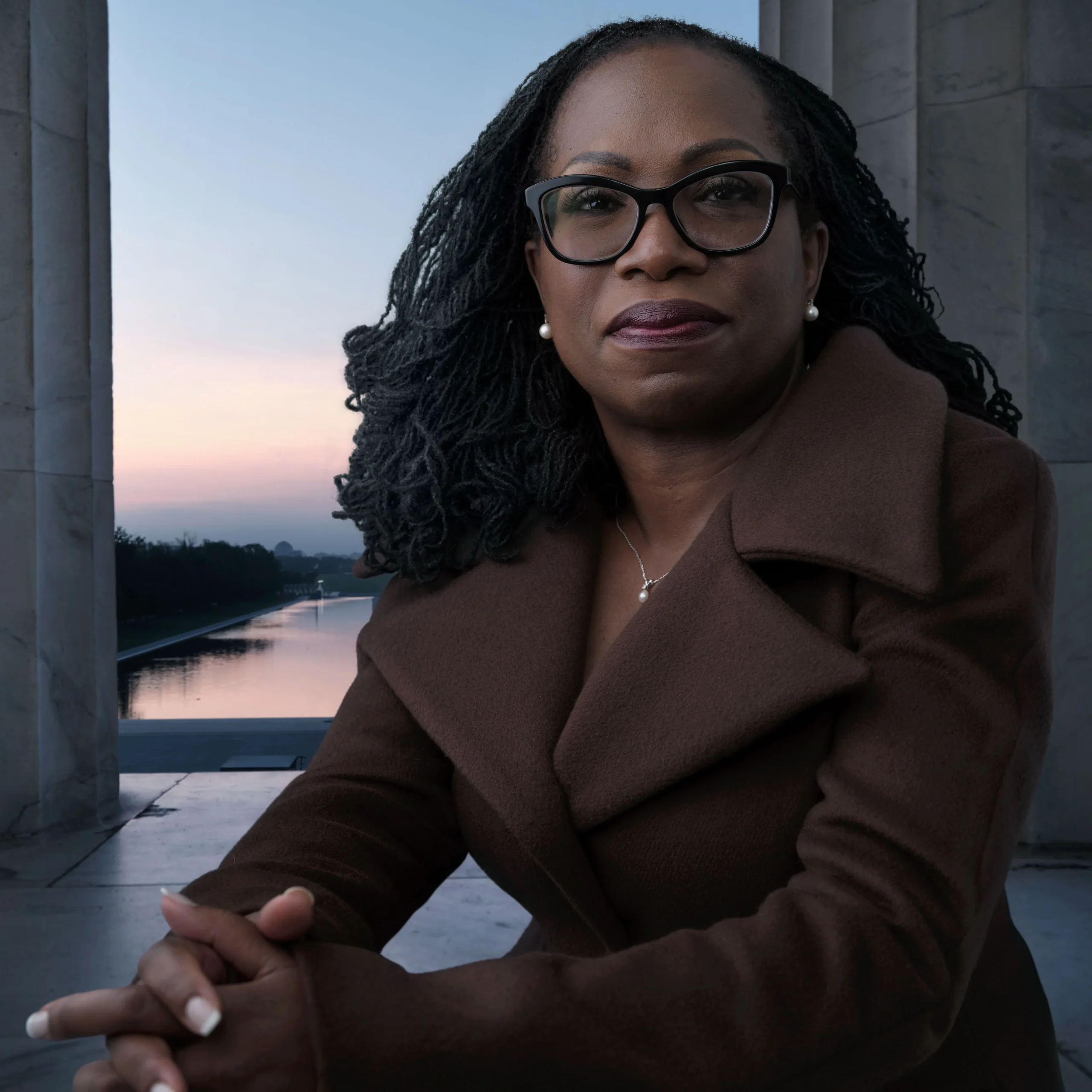Supreme Court Justice Ketanji Brown Jackson on Friday urged Americans not to shy away from uncomfortable facts about the history of violence against Black Americans.
The first Black woman on the nation’s highest court offered her frank assessment of the tendency to avoid acknowledging racism in a speech in Birmingham, Alabama. Florida Gov. Ron DeSantis and other Republicans have recently led the charge in public school curriculum changes that critics say whitewash the country’s past.
Her remarks were part of a ceremony at the 16th Street Baptist Church marking the 60th anniversary of the racist 1963 bombing of the building, in which four young Black girls were killed.
“If we are going to continue to move forward as a nation, we cannot allow concerns about discomfort to displace knowledge, truth or history. It is certainly the case that parts of this country’s story can be hard to think about,” Jackson said.
“We cannot forget because the uncomfortable lessons are often the ones that teach us the most about ourselves. … We cannot learn from past mistakes we do not know exist,” she added.
Jackson’s blunt words are notable not only because they come from a sitting member of the highest court, but also because they land on the heels of the Supreme Court’s conservative majority restricting race-conscious admissions practices in colleges and universities in June. Jackson, appointed by President Joe Biden, is one of three liberals on the court, which has a 6-3 conservative majority.
In a scathing 29-page dissent to the court’s affirmative action ruling, Jackson wrote that her conservative colleagues were suffering from “let-them-eat-cake obliviousness.” She warned that deeming “race irrelevant in law does not make it so in life.”
Her comments in Alabama also came at a time when the state’s Republican leaders have an emergency application pending at the Supreme Court seeking to revive a congressional district map that a lower court said discriminates against Black voters.
The state was forced to redraw the map after a Supreme Court ruling in June struck down its previous attempt in a ruling that surprisingly reaffirmed the landmark Voting Rights Act, enacted to protect the rights of minority voters. Jackson was in the majority in that 5-4 ruling.
After a lengthy summer break, the Supreme Court’s new nine-month term begins next month.
In Friday’s remarks, Jackson did not address any pending issues before the court or the debate swirling about whether justices should adopt a new ethics code after recent controversies.
Speaking more broadly, she defended the importance of facts and history in education at a time when some school districts continue to grapple with efforts to police how racism is discussed in the classroom.
“I know that atrocities like the one we are memorializing today are difficult to remember and relive,” Jackson said. “But I also know that it is dangerous to forget them.”
She juxtaposed her own life with that of the four girls killed in the bombing in illustrating progress made in the intervening years.
“I have come to Alabama with a heart filled with gratitude, for unlike those four little girls, I have lived and have now been entrusted with the solemn responsibility of serving our great nation,” Jackson said.
The victims — Addie Mae Collins, Denise McNair, Carole Robertson and Cynthia Wesley — could have achieved great things themselves, she said.
“They could have broken barriers. They could have shattered ceilings. They could have grown up to be doctors or lawyers or judges, appointed to serve on the highest court in our land,” Jackson added.
Jackson said she was moved by how much her appointment to the court meant to people. “Some have even said that they never thought they would see this happen in their lifetimes,” she added.



